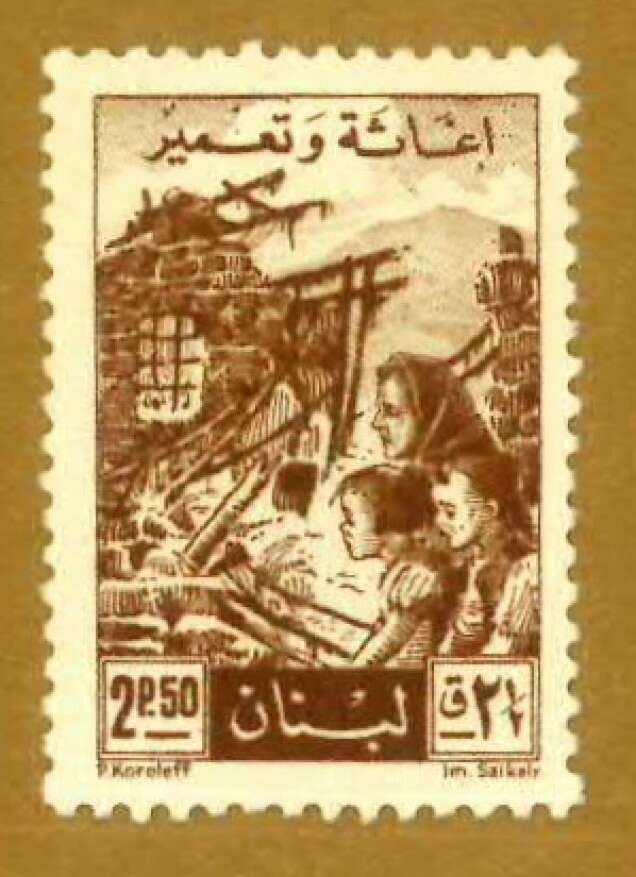Erg and WIELS are inviting you
to the lecture of Catherine Perret: L'enseignement de la torture (in French)
- on the occasion of the release of her book with the same title at Seuil.
and
to the public reading by Walid Sadek: The Ruin to Come (in English)

Catherine Perret (in French)
Program Director at the International College of Philosophy from 1995 to 2001, Catherine Perret is a professor at the University of Paris VIII, where she teaches aesthetics, theory and art history.
French text
Loin d’avoir été discréditée par les atrocités du XXe siècle, la torture est en passe de devenir, en ce début du XXIe siècle, une pratique banale : une méthode de renseignement, une technique policière et militaire, tant dans les dictatures que dans les démocraties. Pour la philosophe Catherine Perret, il est urgent de comprendre les raisons culturelles qui font aujourd’hui de la torture une technique de gouvernement des hommes de plus en plus admissible. S’appuyant sur un auteur trop oublié, Jean Améry (1912-1978), et son essai sur La Torture, la philosophe interroge les prémices de l’institution d’une torture d’État.
« Après avoir été abolie dans la plupart des pays européens au cours de la seconde moitié du XVIIIe siècle, la torture redevient au XXe siècle une méthode de renseignement, une pratique policière et militaire banalisée, aussi bien dans les dictatures que dans les États coloniaux. Avec le déclenchement de la Global War on Terror et l’attribution, le 12 septembre 2001, de pouvoirs exceptionnels au président des États-Unis, George W. Bush, une nouvelle étape est franchie.
En 2010, le gouvernement canadien autorise à son tour les services de renseignements à utiliser des informations obtenues sous la torture. La question déborde alors le seul contexte américain. La torture s’impose au cœur du débat public et démocratiquement institué comme une méthode de rétorsion envisageable, voire nécessaire et potentiellement légale.
Partant de l’essai de Jean Améry sur La Torture (1965), j’interroge ici les prémices de l’institution, au cours des XXe et XXIe siècles, d’une torture d’État. Dans son essai, Améry réfléchit à la signification de la pratique de la torture dans la culture chrétienne moderne à partir de l’expérience qu’il fit, sous le nazisme, de la torture et de l’extermination des juifs d’Europe. À sa suite, et avec lui, j’interroge ce que d’aucuns appellent le « Mal » comme un phénomène culturel et politique qu’il convient d’aborder au regard de l’histoire occidentale et de ses postulats philosophiques.
Le corps torturé par le nazi n’est pas le corps du torturé. C’est notre corps. Pour dire ce corps que personne avant lui n’a pensé, Jean Améry invente une langue : il met la prose du reportage au service de la philosophie. »
Catherine Perret
Directrice de Programme au Collège International de Philosophie de 1995 à 2001, Catherine Perret est Professeur à l'université de Paris VIII où elle enseigne l’esthétique, la théorie et l’histoire des arts. Outre de nombreux articles entre arts, philosophie et sciences humaines, elle a notamment publié : L’enseignement de la torture, Réflexions sur Jean Améry, Paris, Seuil, Bibliothèque du XXIème siècle, 2013; L’objet photographique, en collaboration avec E. de Chassey, Mamco, Genève, 2011; Walter Benjamin sans destin, Bruxelles, La Lettre Volée, 2007 (2nde éd.); Incompatibles, une peinture sans qualités, Dijon, Presses du réel, 2006 ; Olivier Mosset : la peinture, même, Lausanne, Ides et Calendes, 2004 (Olivier Mosset : Painting, even, Presses du réel, 2013) ; Les porteurs d’ombre, mimésis et modernité, Paris, Belin, coll. L’extrême contemporain, 2002
Walid Sadek (in English)
Born in 1966, Waldik Sadek is an artist and writer. From 19 October to 8 November, the exhibition 'On the labor of ruin' is on view at erg's gallery.
"This text posits the ruin and the monument as complicit in safeguarding the authority of historicism. It argues for a conceptualization of the ruin against the monument; not in the sense of two forces acting in opposition along the same linear temporal axis, for that would provide little else than a reiteration of the complicity, but rather of positing the ruin as forthcoming, as opening a time to come, not from an unbeknownst and hoped for future, but built by those who survive the exorbitant pressures of the purported epic but essentially false struggle between the monument and the ruin." Walid Sadek.
In the frame of his exhibition "On the labour of ruin" at erg's gallery (19 October - 8 November 2013).
Born in 1966, Walid Sadek is an artist and writer. His early work investigates the violent legacies of the Lebanese civil war partially and inadequately experienced by a young Christian-born Lebanese: Home Play (1996); The Last Days of Summer (1997). He later began to posit, mostly in theoretical texts, ways of understanding the complexity of lingering civil strife in times of relative social and economic stability: A Matter of Words (2002); From Excavation to Dispersion: Configurations of Installation Art in Post-War Lebanon (2003); The Acquisition of Death: the Ends of Art and Dwelling in Lebanon (2004). His recent written work endeavors to structure a theory for a post-war society disinclined to resume normative living: From Image to Corpse (2006); Place at Last (2007); Seeing Rude and Erudite (2007); Peddling time when standing still, art remains and the globalization that was (2011); Collecting the Uncanny and the Labour of Missing (2012); In the Presence of the Corpse (2012). Concomitantly, a number of artworks propose a poetics for a sociality governed by the logic of a protracted civil war and search for a temporal politics to challenge that same protractedness: Love is Blind (2006); Dear Stephen (2006); Knowledge of the Expelled (2007); Mourning in the Presence of the Corpse (2007); On Learning to See Less (2009); Place at Last (2010); Kozo Okamoto resides in Greater Beirut (2010); The Wreck of Hope and the Other Side of Impatience (2012). Walid Sadek is associate professor in the Department of Architecture and Design at the American University of Beirut.
17.10.2013, 19:00
Free
Info & reservatie (ion): welcome@wiels.org